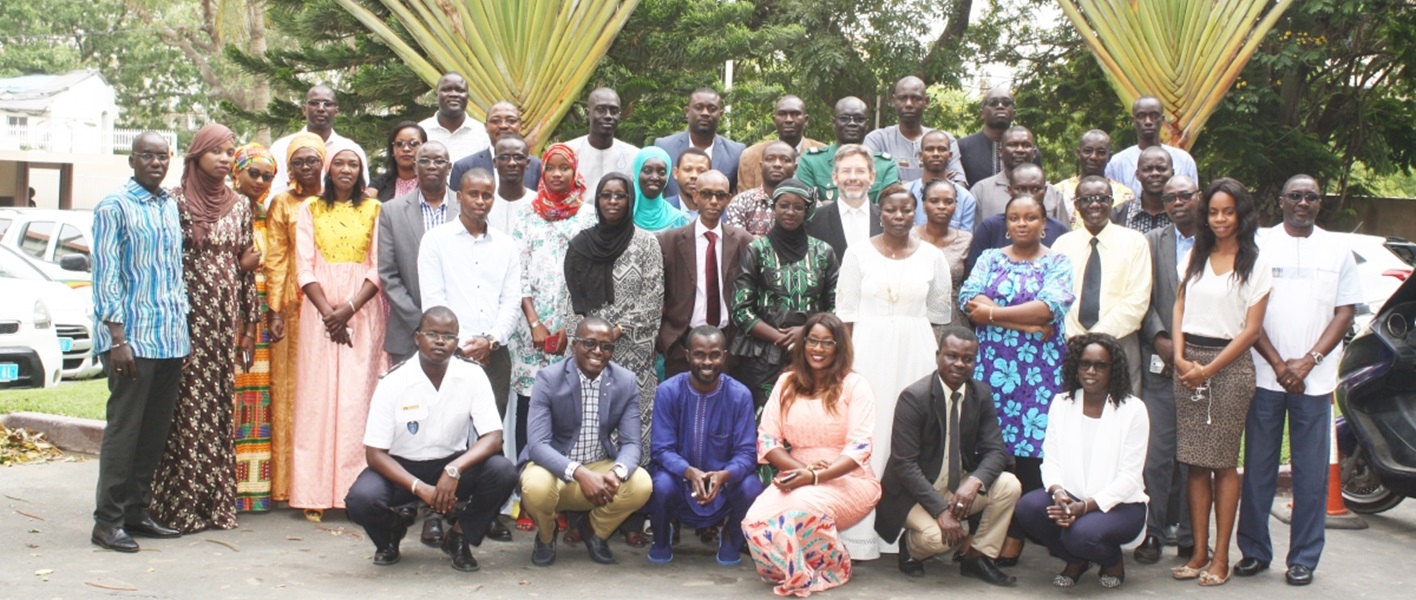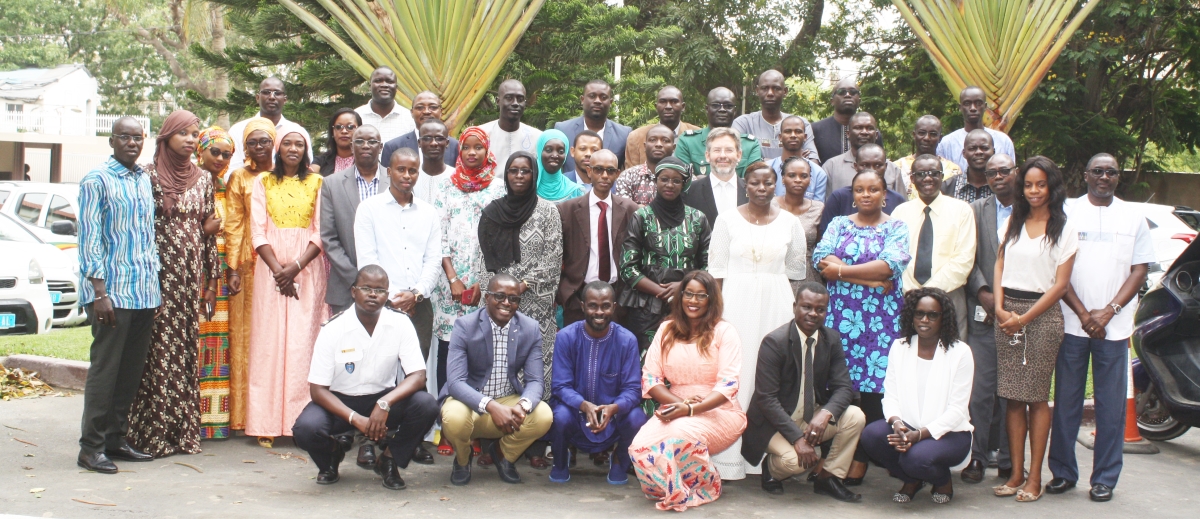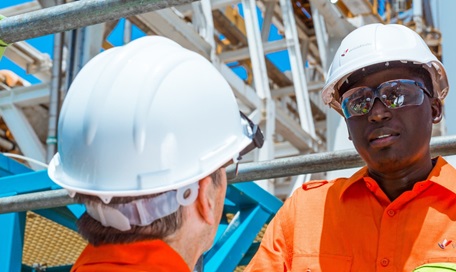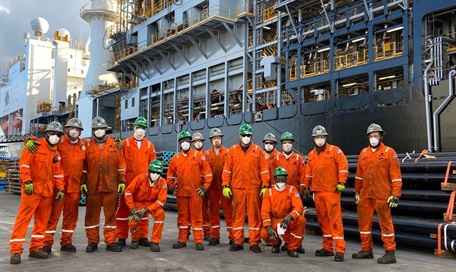Building knowledge in Senegal
Woodside and government officials in Senegal develop broader understanding of the oil and gas industry

Woodside and government officials in Senegal develop broader understanding of the oil and gas industry
The workshop in Dakar covered areas such as environment, social and health and safety risks relevant to our industry, the workshop provided an overview of international standards used to assess and control impacts. More than 50 government employees from 20 departments attended the workshop, which was conducted in French and co-ordinated by environment adviser, Isabelle Moller.

Woodside funded the workshop, but partnered with an independent international environment and social impact assessment agency to develop and present the material. “We enlisted the help of Acorn International, which has a record of developing capability in several African nations,” Isabelle explains. “We also had the challenge of delivering training requested by the government, without having a perceived conflict of interest.”
Woodside acquired an interest in offshore Senegal, including the SNE oil field, in 2016. Tapping into oil The joint venture also includes Cairn Energy PLC (operator), FAR Limited and Societé des Petroles du Sénégal (PETROSEN). The initial phase of the SNE oil field, SNE Field Development-Phase 1, is scheduled to be Senegal’s first offshore oil development. Woodside is targeting first oil from the development in 2022.
The Senegalese Government flagged to Woodside that capability building was needed because the country has only limited exposure to, and knowledge of, the oil and gas industry. Strengthening the capability of government and regulatory institutions is seen as critical to the sustainable success of major development programs and the workshop was part of a wider program aimed at helping the Senegalese Government oversee the industry. Greg Mogan, vice president Senegal, says: “We are committed to furthering our partner of choice reputation and our in-country presence means we can readily support capacity building activities in Senegal.”
The workshop was held in June prior to the submission of the Environment and Social Impact Assessment (ESIA) Report for SNE Field Development-Phase 1. “The information provided to workshop participants helped them to understand the methods used to identify and assess risks described in the ESIA,” Isabelle explains.
Acorn worked with Senegal’s Department of Environment and Classified Establishments (DEEC), to develop and deliver the intensive training workshop which provided structured tools and guidance tailored to the industry and the Senegalese Government.
Feedback from the attendees demonstrated the workshop was a success. One wrote: “This training covered most of my concerns and helped me appreciated the ins and outs of the petroleum industry and relevant environmental management aspects.” Isabelle says the feedback helped indicate key areas future capacity building should target. “The approach to capacity building has shown how Woodside can work with government partners to accelerate the successful governance of the industry,” she says.
Senegal country representative Cheikh Gueye says: “There was also some valuable sharing of technical knowledge and experiences by Woodside with Senegalese government experts, who in turn provided an in-country perspective,” Cheikh reports.


.tmb-r-story.jpg?sfvrsn=b485c1f3_1)
